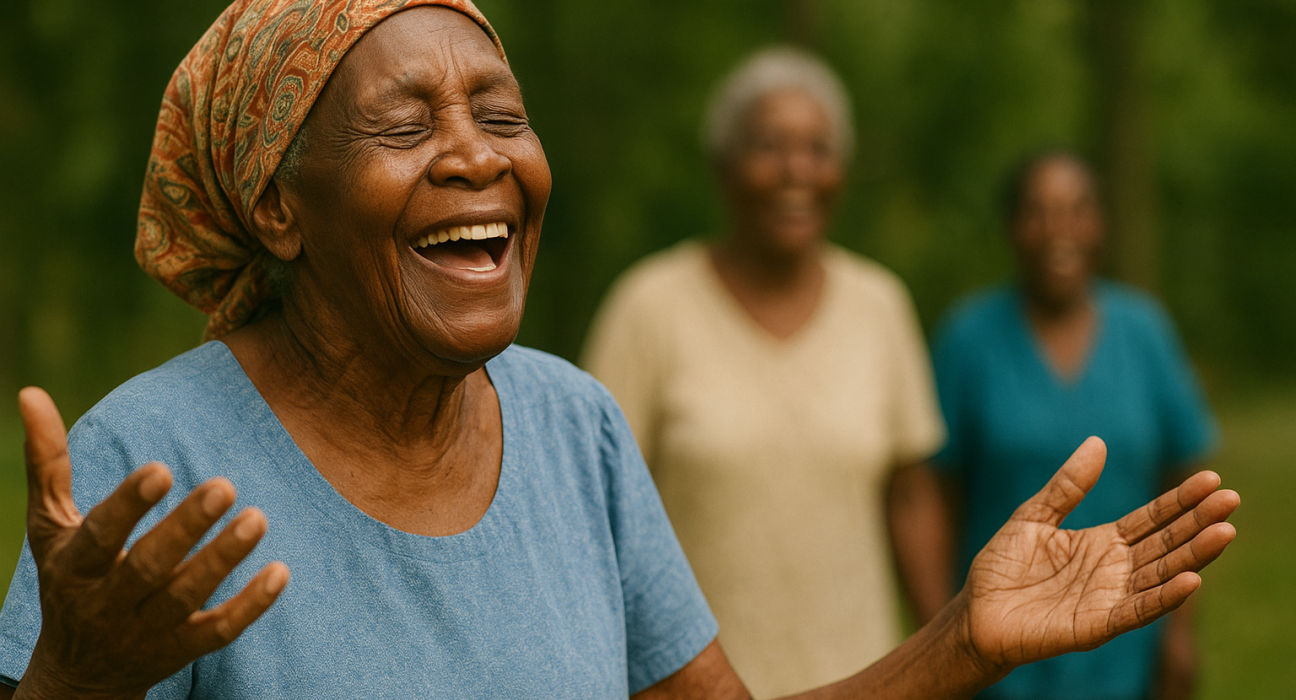On the shores of South Carolina’s Sea Islands, the voices of the past echo through sacred songs preserved by Gullah Geechee elders. These spirituals, born from the pain and resilience of enslaved Africans, are being lovingly safeguarded by a group of elders who see their music not just as art, but as a living legacy.
Minnie “Gracie” Gadson, 78, is one of the torchbearers of this tradition. Raised singing in praise houses—wooden structures that once served as worship spaces for enslaved people—Gadson now travels the country with the Voices of Gullah, a group of singers in their 70s and 80s who perform in the Gullah Creole language. Their mission is clear: to preserve the sacred songs passed down through generations and to keep the Gullah Geechee culture alive.
The Gullah Geechee people are descendants of West Africans brought to the southeastern U.S. during the trans-Atlantic slave trade. Isolated on coastal islands, they retained much of their African heritage, including language, cuisine, and spiritual practices. Their songs—like “Nobody Knows the Trouble I’ve Seen,” “Roll Jordan Roll,” and “Kumbaya”—carry coded messages of hope, resistance, and survival.
These songs are often performed in praise houses like Coffin Point and Mary Jenkins on St. Helena Island, where more than 5,000 descendants of enslaved plantation workers still live. Musicologist Eric Crawford, author of Gullah Spirituals: The Sound of Freedom and Protest in the South Carolina Sea Islands, has documented these performances, noting how they connect modern audiences to centuries-old traditions.
One of the most powerful expressions of Gullah spirituality is the “ring shout,” a counterclockwise dance involving clapping, stomping, and call-and-response singing. This ritual blends West African spiritual customs with Christian hymns, creating a unique form of worship that has endured despite centuries of oppression.
Anita Singleton-Prather, founder of the Gullah Kinfolk Traveling Theater, has also played a vital role in preserving this culture through storytelling and performance. Her plays, including Da’ Gullah American Revolutionary Experience, highlight the contributions of Gullah people to American history, from rice farming to indigo dyeing.
At cultural events, attendees can sample Gullah rice dishes and watch artisans weave sweetgrass baskets—tangible reminders of a culture rooted in resilience. “This Gullah Geechee thing is what connects us all across the African diaspora,” Singleton-Prather says. “It’s a legacy of strength, not shame”.
As these elders continue to sing, teach, and perform, they ensure that the songs of their ancestors remain a vibrant part of America’s cultural tapestry. Their voices carry not only melodies but the enduring spirit of a people who turned suffering into song—and memory into movement.
